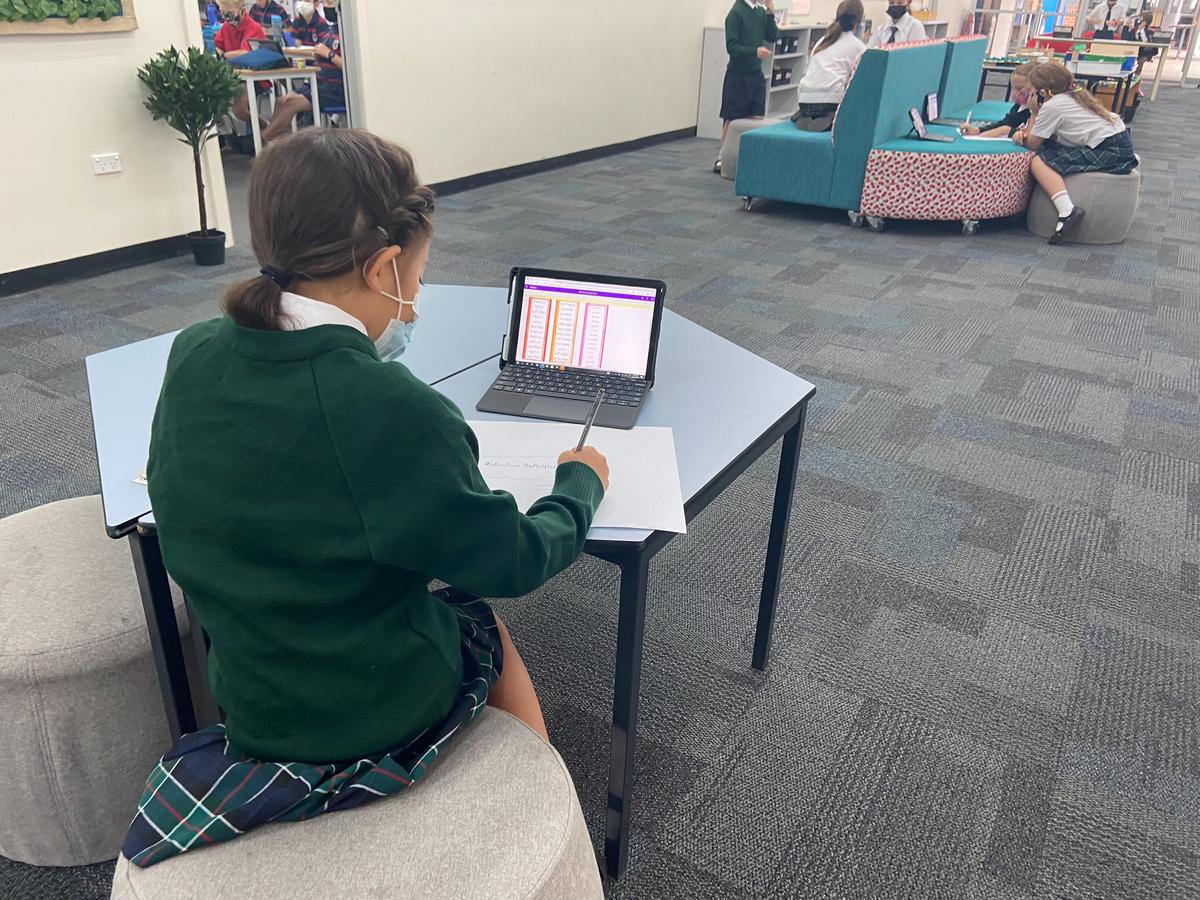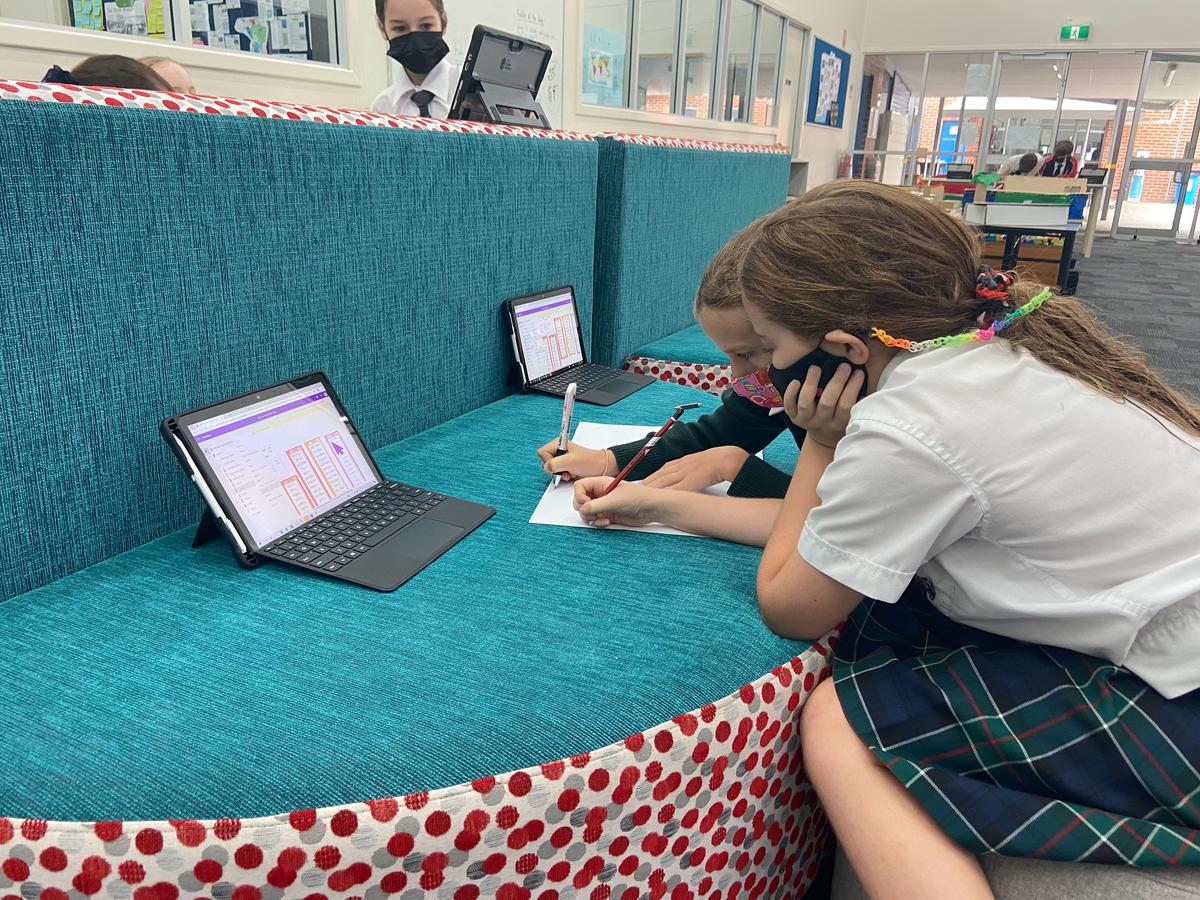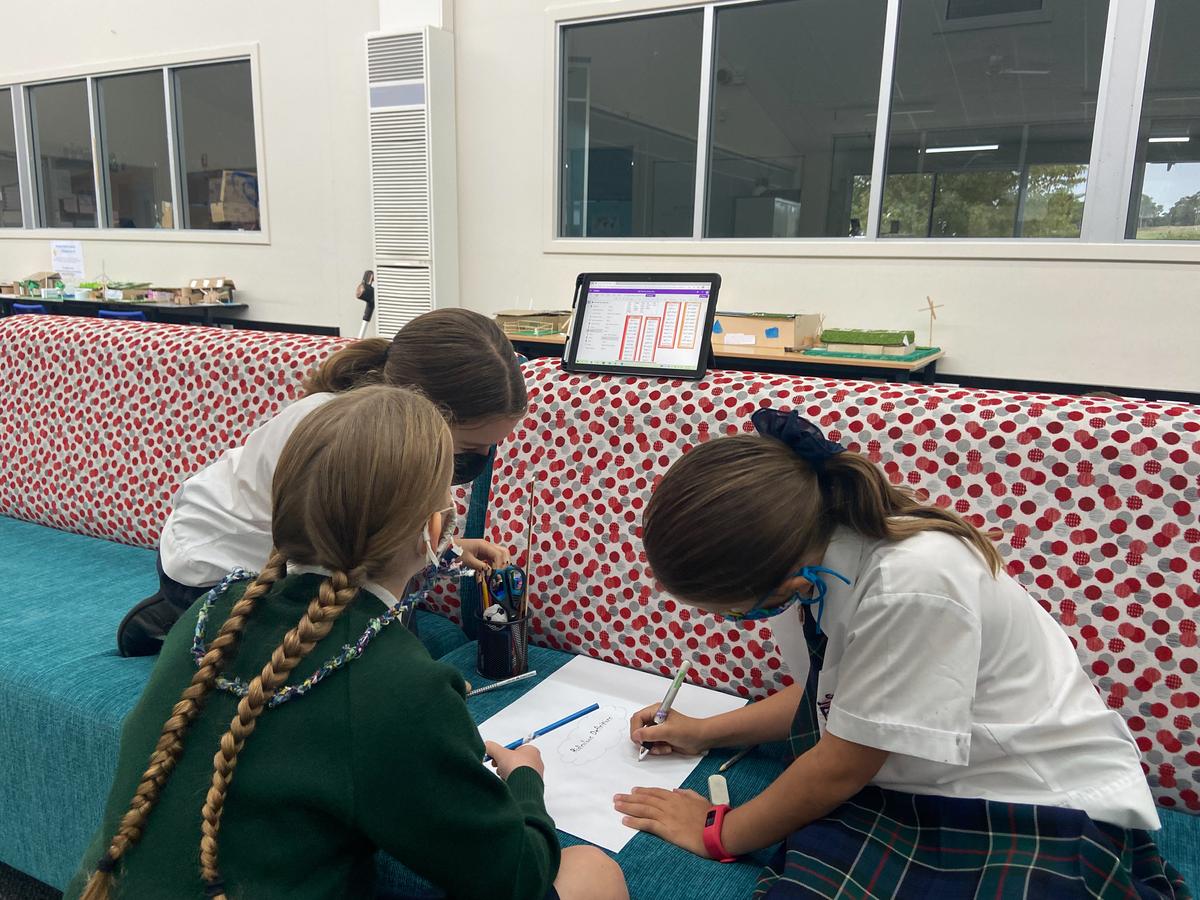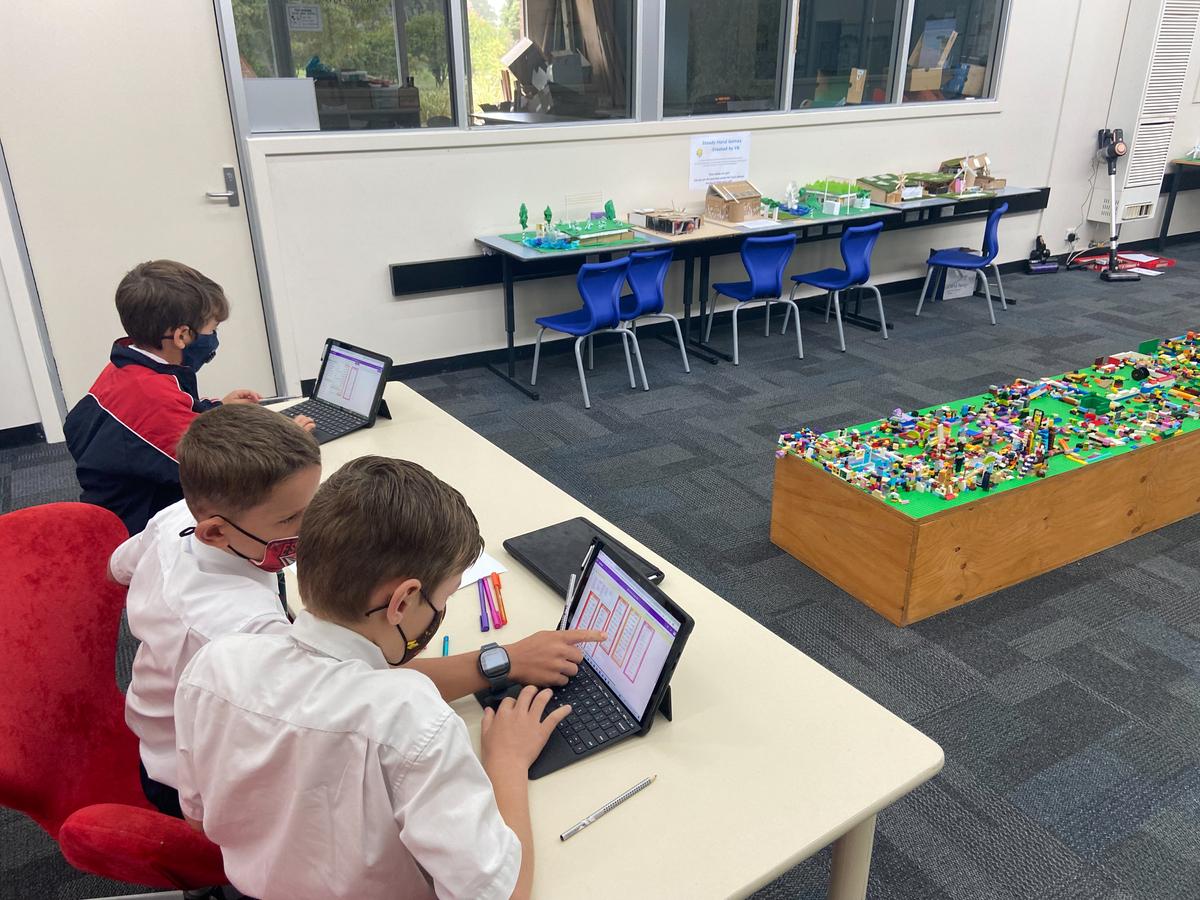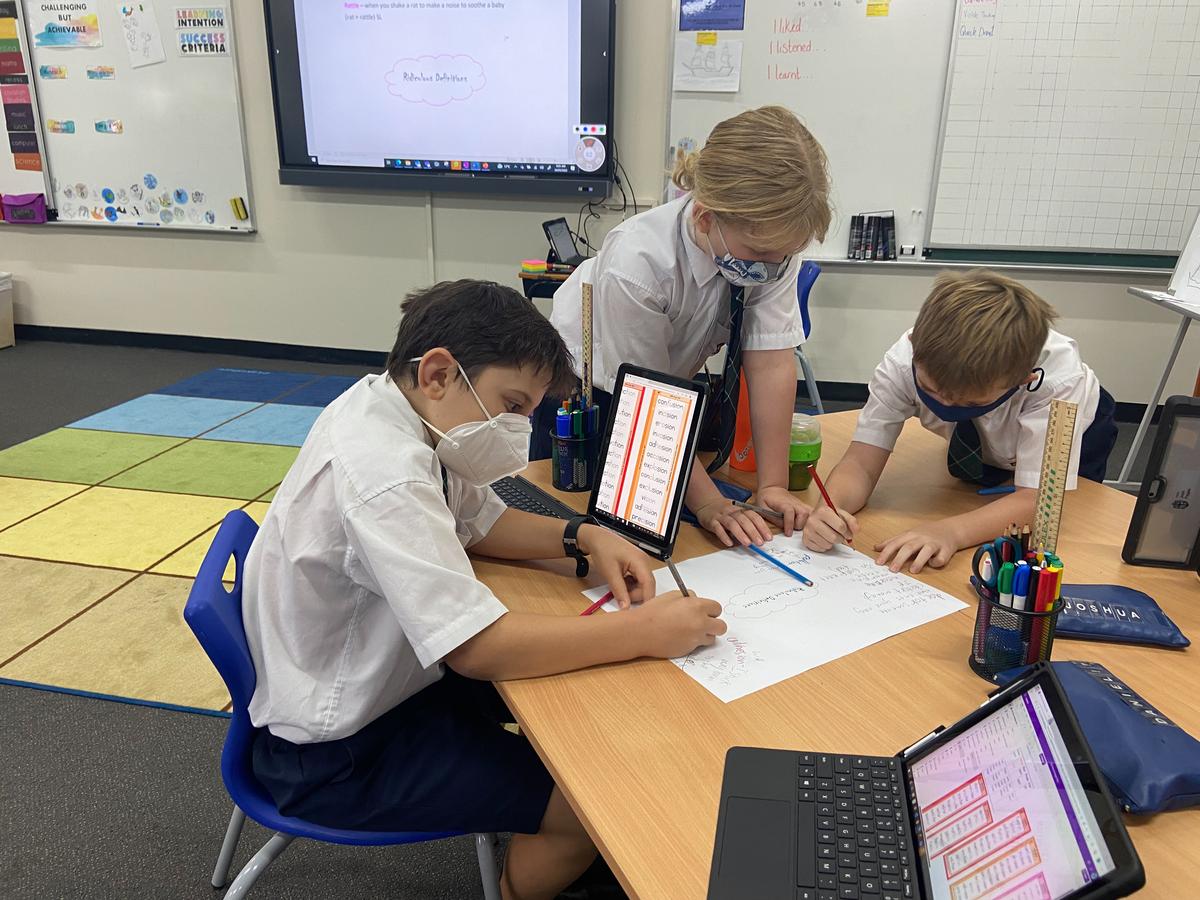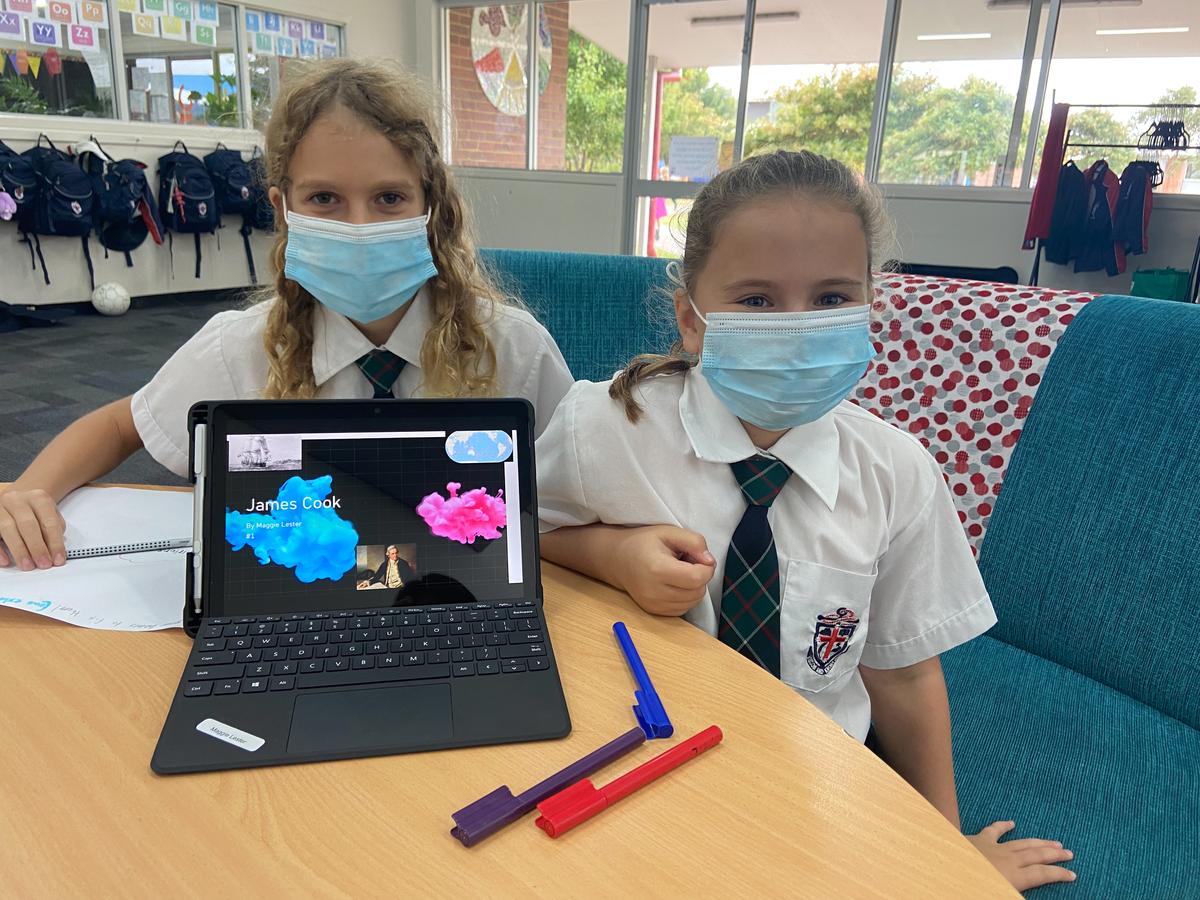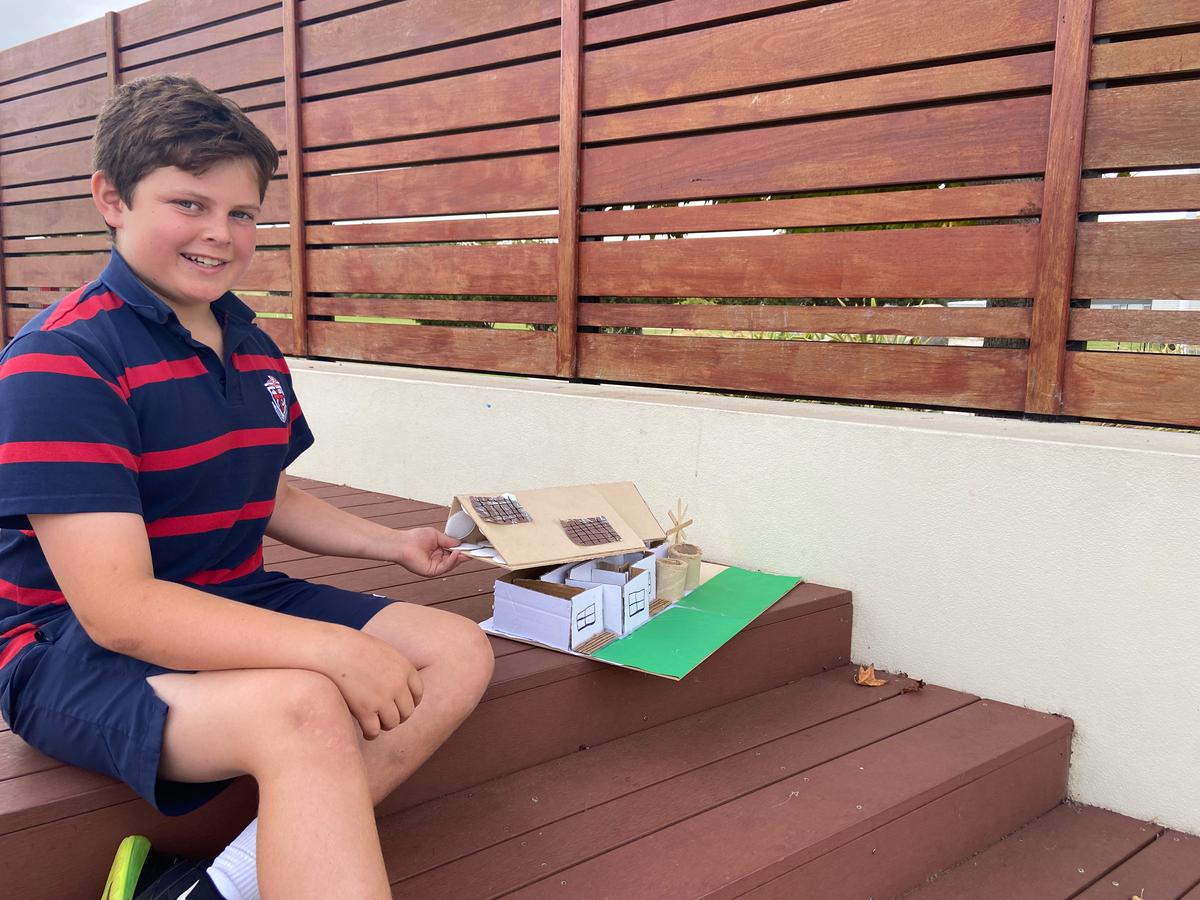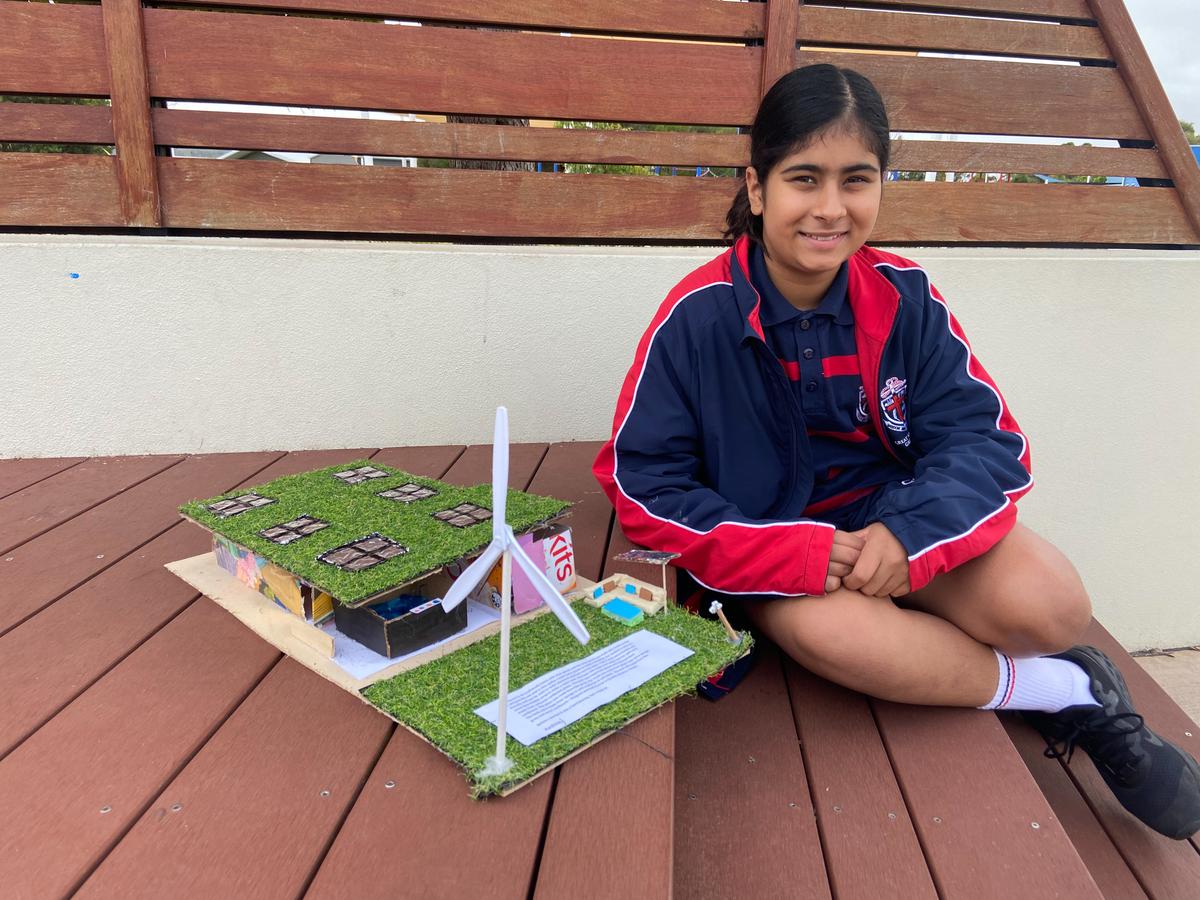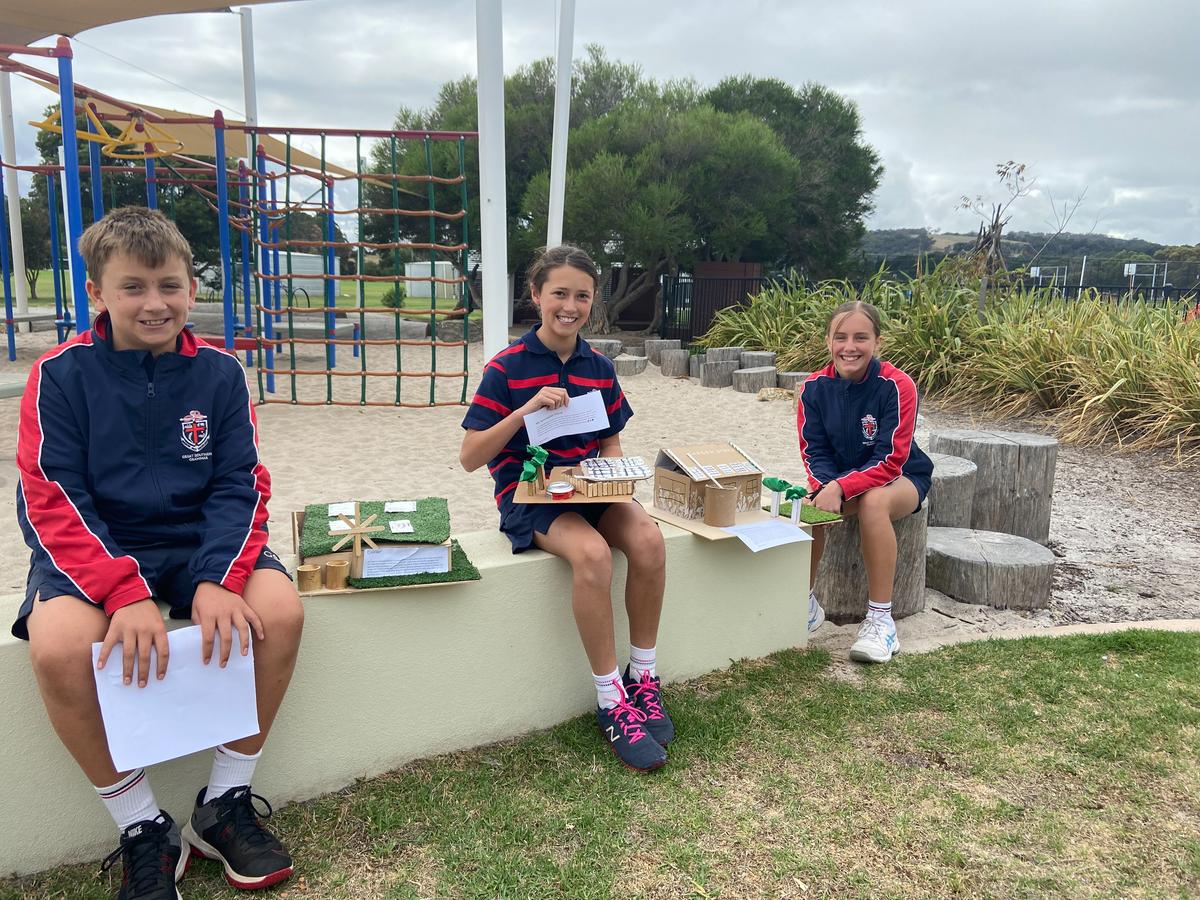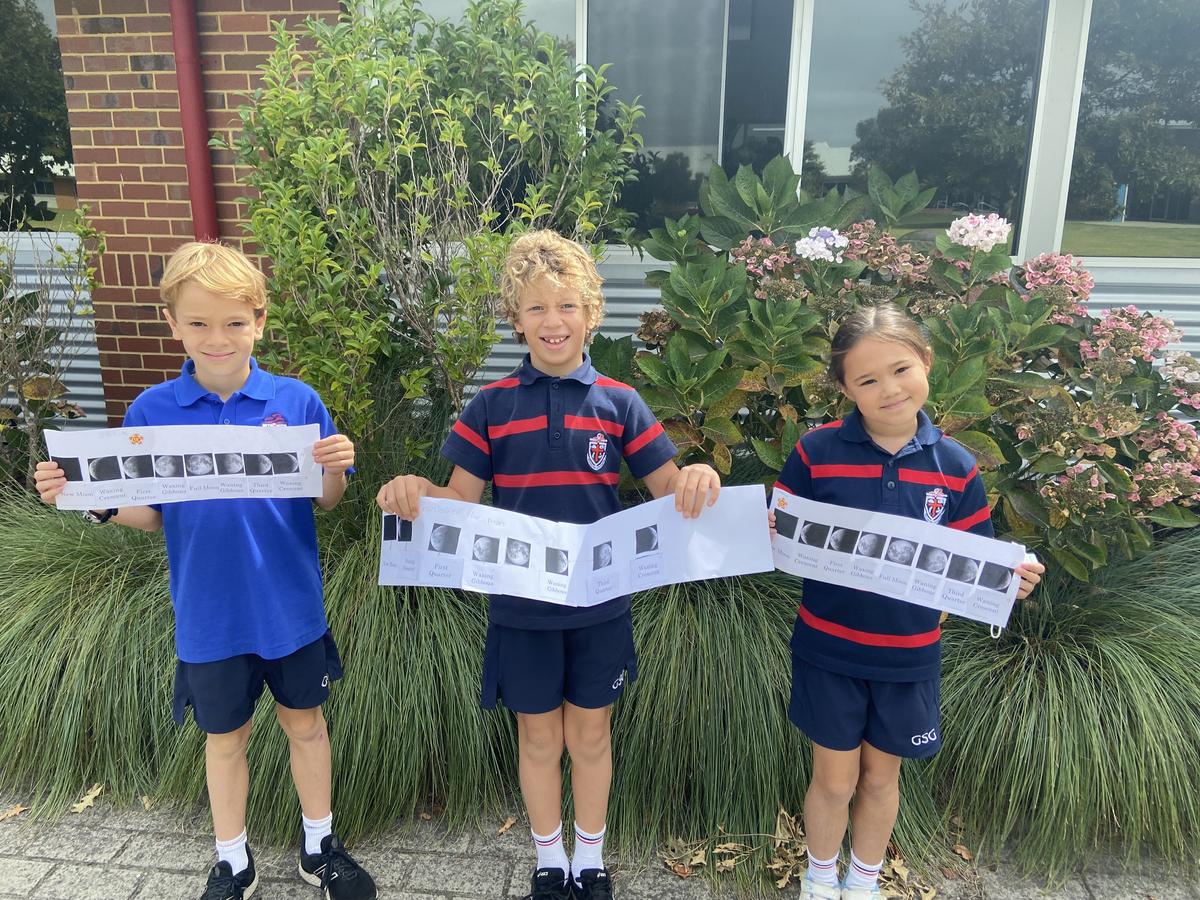Junior School
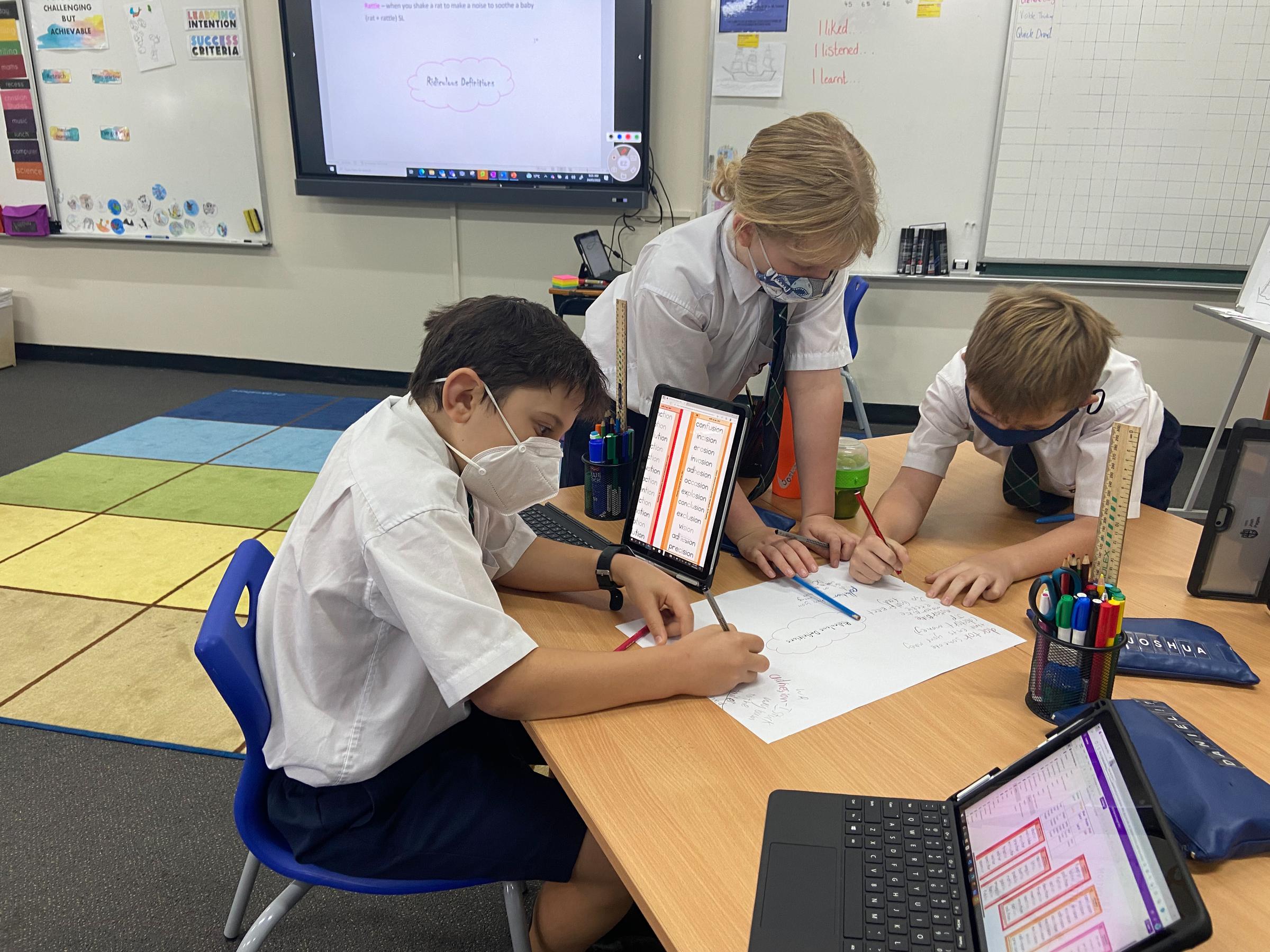
From the Head of Junior School
A message I keep circling back to frequently when I speak with students, families and colleagues is ‘staying connected’. I feel at any point in time if we are staying connected with each other and our learning, then positive outcomes tend to follow. I guess ‘staying connected’ is a way of saying we value what we are staying connected with, and as such, the care, effort, and attention follows.
I make particular note of ‘staying connected’ at the moment because we can’t easily meet face-to-face with people like we normally would, or attend many (if any) functions and events. Some occasions are being cancelled or postponed, and if they do proceed, there are adjustments to how they would normally operate which impacts on the usual experience. These accommodations are all temporary of course. In the short term ‘staying connected’ requires more effort from all of us than it usually would, but I feel it’s certainly worth that effort. Here are a few things worth checking-in on at school to stay connected.
Students from Pre-Kindergarten to Year Six have been busily learning every day and producing wonderful pieces of work to share either in print form, electronic form, performances or producing a product for display. Almost all of these expressions of learning have been shared via SEQTA Engage for families to view. I strongly encourage all families to scroll through your children’s SEQTA courses and assessments to read, listen to and/or view the truly wonderful work they have done. As a parent myself I have thoroughly enjoyed watching short videos of my children present a project, and read together a sample of writing from an image that was uploaded. As parents we don’t easily get to see the daily happenings of our children’s learning at school, particularly at the moment, but the regular SEQTA uploads do provide a great sense for their learning progress, and helpful conversation starters to have with your children about what they are learning about. With parent/teacher interviews being held over the next two weeks I do encourage families to view your children’s SEQTA courses before you meet with teachers, this will enhance the conversations you have around learning progress for your children.
If you are having any challenges accessing the SEQTA Engage material, please feel comfortable making contact with your child's classroom teacher or Junior School Student Services, or myself.
With regard to events and occasions, we have endeavoured where possible to offer an online option for as many events as possible. Junior School Assemblies have been pre-recorded and shared each fortnight on a Friday afternoon at our regular assembly time of 2.20pm so classes can watch in their own spaces, and video uploaded to MyGSG so that families can view at a time that suits. I feel this routine has been an important one to maintain for our students, and our families. At our assemblies we share key messages and topics of focus for the fortnight ahead like Respect, Kindness, Resilience and Responsibility, we also maintain the traditional formalities of assemblies like an Acknowledgement of Country, the National Anthem, Merit Award certificates and School Song. These regular features keep us connected with elements that cultural fabric that makes up GSG.
You will see in the coming weeks a number of events move into the online format namely the Easter Service, Easter Hat Parade and Grandparents Day in the final week of Term. These are occasions we hold dear as a community, and as such we wish to share them together, which an online format enables us to do.
Over the past few weeks we have all become quite proficient at using online meeting software, our school predominantly uses Microsoft Teams. At first this was only used for occasions when someone wasn’t on-campus, now we’re utilising the capability to meet between buildings and subschools so we can keep our connections and activities going whilst staying within our respective areas. I personally am delighted to see that we are using this technology in a manner that enables us to genuinely maintain our connections and programmes to enhance our learning. This is ideally how we would like technology to be utilised, it’s a tool to support us and offers a new range of skills and capabilities. I have thoroughly enjoyed watching our young learners develop a new range of skills to meet virtually with classmates and teachers, to pre-record material and upload it to file sharing software like Microsoft Teams, One Note and One Drive. Understanding the capability of software and developing the skills to access them for this purpose will support their learning for years to come. To emphasise the point further, NAPLAN assessments for Years Five, Seven and Nine have been online for a few years now, but this year will be the first time Year Three will complete all tests in an online format too. Rest assured most aspects of our learning in the Junior School is offline with tangible resources to hold, manipulate and use. These fundamental experiences and skills are core to student learning, and will remain so. The digital elements of learning are important too, and it’s been heartening to see how comfortably we are integrating the online capabilities into our physical classroom.
Finally, I’ll circle back to the message I started with ‘staying connected’. There has always been a value for maintaining quality connections with things we care about, our family, friends, learning, hobbies, work, etc. From a school perspective, I encourage all families to access the points of connection we offer to stay ‘in-touch’ with the learning progress and development of your children via SEQTA, MyGSG, utilising the Microsoft Teams meetings for parent/teacher interviews, attending online events or viewing recorded events when able. I sincerely look forward to when we can meet in-person again and hold events on-campus, but for now the virtual offerings are helpful and still offer a genuine opportunity for us to share time together.
NAPLAN
National literacy and numeracy assessments will be undertaken for students in Years Three, Five, Seven and Nine and will be between 10 to 20 May. Tests for students will all be done online.
Your child will receive a handout explaining more details about NAPLAN, so please look out for it in your child’s school bag. You can also access a copy of the NAPLAN details here.
NAPLAN is one assessment tool that we can use to monitor each child’s progress. Students will have some practice for these tests in their regular classes. On Thursday 24 March, all students in Years Three, Five, Seven and Nine will do a practice test with the aim of testing our IT network. This test will not be marked but is a good practice for next term. After reading the handout, if you have any queries about NAPLAN, please feel free to contact either Assistant Head of Junior School - Leah Field, leah.field@gsg.wa.edu.au or myself at ken.raven@gsg.wa.edu.au
With warm regards, and appreciation for maintaining connection,
Mr Ken Raven | Head of Junior School

